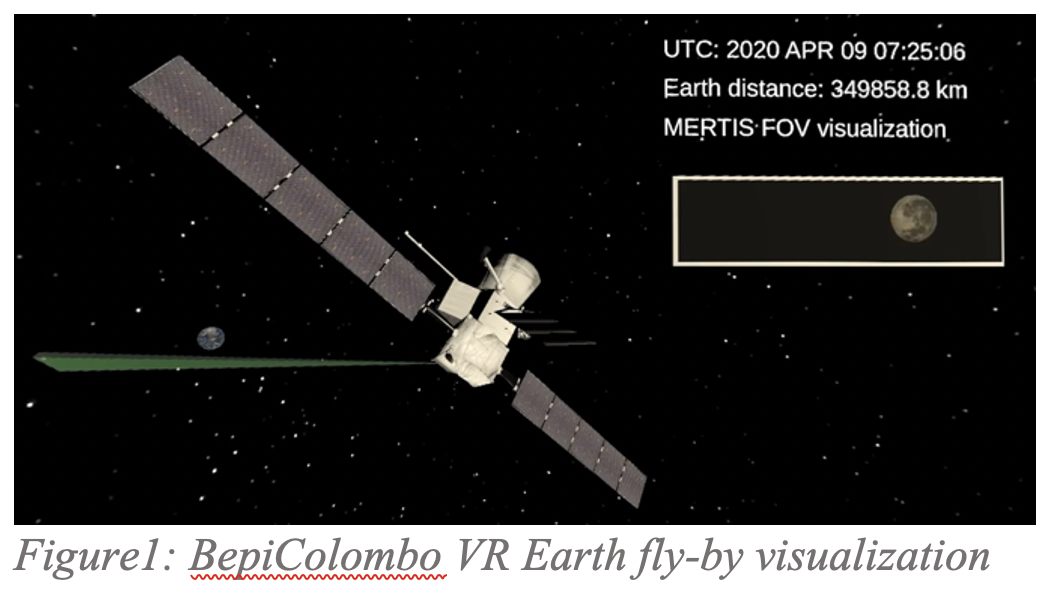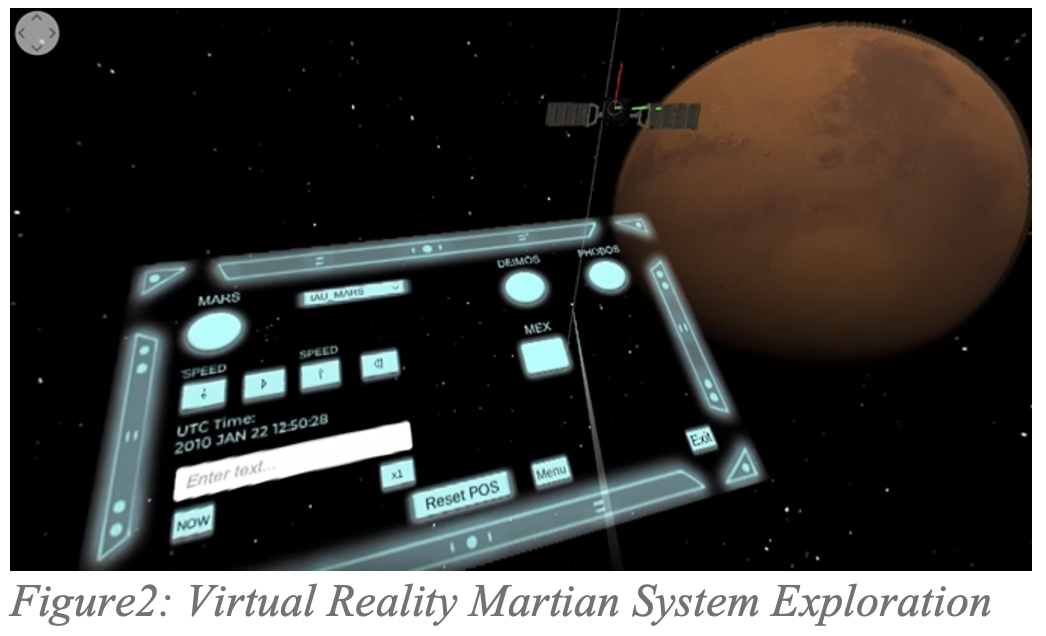Solar System Exploration with Virtual Reality
- 1Rhea Systems, Spain (alfredo.escalante.lopez@esa.int)
- 2European Space Agency
Introduction: The ESA SPICE Service (ESS) based at the European Space and Astronomy Center (EASC) provides ESAs Solar System Exploration missions ancillary data and geometry information to the science community and to the science ground segments in the shape of SPICE data. Most of this data is three-dimensional, and its interpretation and visualization is one of the challenges faced by the ground segments that operate the spacecrafts and the scientists that study its data. Science Observations and contextual Data analysis of Planetary missions can be naturally accommodated into 3D visualizations. Virtual Reality (VR) brings an unprecedented level of interaction possible with these visualizations, and emerging VR platforms such as Oculus VR, Google Cardboard or Samsung Gear VR are making these technologies accessible to the wide public. VR might become in the near future, not only a tool for outreach and data visualization, but also a key part for spacecraft science operators, becoming a key element of the ground segments.
The ESA SPICE Service: The ESA SPICE Service (ESS) leads the SPICE operations for ESA missions. The group generates the SPICE Kernel Datasets (SKDs) for missions in development (JUICE, ExoMars 2022, Hera, Comet-Interceptor, and EnVision), missions in operations (Mars Express, ExoMars 2016, BepiColombo, and Solar Orbiter) and legacy missions (Venus Express, Rosetta and SMART-1). ESS is also responsible for the generation of SPICE Kernels for INTEGRAL. Moreover, ESS provides SPICE support Kernels for Gaia and James Webb Space Telescope. ESS also provides tools for the exploitation of the SPICE Kernels, consultancy and support to the Science Ground Segments of the planetary missions, the Instrument Teams and the science community. The access point for the ESS activities, data and latest news can be found at the following site https://www.cosmos.esa.int/web/spice. ESS works in partnership with NAIF.
Virtual Reality Applications: Examples of applications of these technologies in operations are already available: the Mars rovers, especially Curiosity have embraced VR and Augmented Reality techniques (some applications are publicly available such as (Access Mars). New mission concepts such as recently selected Dragonfly (a NASA rotorcraft lander for Titan) have already started to develop operation concepts based on VR. Another example of a successful VR application is ESASky [2]. ESASky is a science driven discovery portal developed at ESAC providing full access to the entire sky as observed with Space astronomy missions that has VR extensions and capabilities.

VR for Solar System Exploration: This contribution aims to describe the first steps of delivering advanced functionalities for VR tools created to access Solar System geometry, with particular emphasis on visualization of the science observations carried out by the ESA Planetary fleet on the Solar System (Mars Express, ExoMars2016, BepiColombo, Solar-Orbiter, Rosetta, SMART-1, JUICE, etc.). The functionalities will also include advanced functionalities for navigation and data selection in a VR space through peripherals like Oculus Touch.

References: [1] Acton C. (1996) Planet. And Space Sci., 44, 65-70. [2] Merin, B. et al., (2015) ESA Sky: a new Astronomy Multi-Mission Interface.
How to cite: Escalante Lopez, A., Valles, R., and Arviset, C.: Solar System Exploration with Virtual Reality, Europlanet Science Congress 2022, Granada, Spain, 18–23 Sep 2022, EPSC2022-9, https://doi.org/10.5194/epsc2022-9, 2022.

